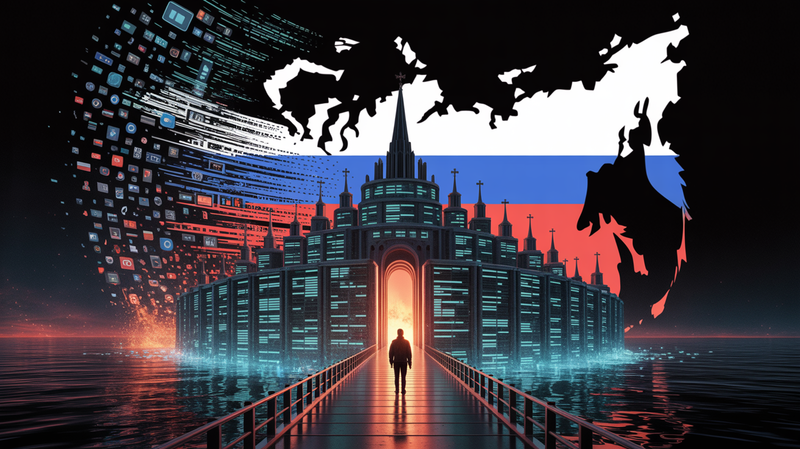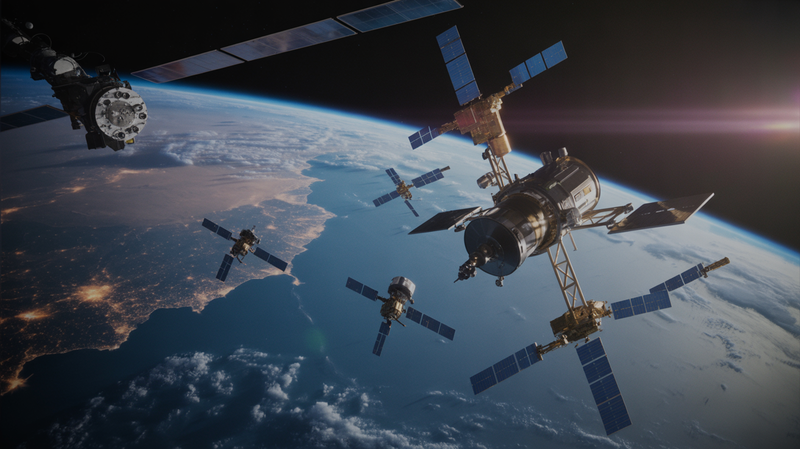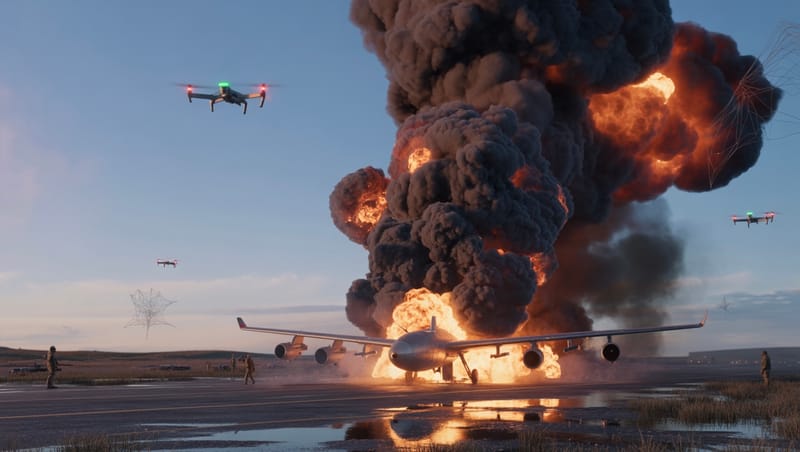"Abrams" Headed to Ukraine: A Symbol of the West's Prolonged Battle with Russia
September 20, 2023 The geopolitical chessboard of Eastern Europe is undergoing a significant shift. As recent announcements from the Pentagon reveal, the "M1 Abrams" tanks, previously transferred by the United States to Germany, are soon to be stationed in Ukraine. This move is emblematic of a broader Western

September 20, 2023
The geopolitical chessboard of Eastern Europe is undergoing a significant shift. As recent announcements from the Pentagon reveal, the "M1 Abrams" tanks, previously transferred by the United States to Germany, are soon to be stationed in Ukraine. This move is emblematic of a broader Western coalition that has seemingly geared up for a long-drawn-out confrontation with Russia.
At the 15th monthly meeting of the Ukraine Defense Contact Group, Pentagon Chief, Lloyd Austin, elucidated the West's evolving stance on the Russia-Ukraine conflict. Held at the US Ramstein Air Base in Germany, this gathering included defense ministers from approximately 50 nations. Essentially, it symbolized a collective western military coalition aligned against Russia.
Austin's address emphasized the continued efforts to bolster Kyiv with an array of air defense systems, including Patriot, IRIS-T, HAWK, NASAMS, SAMP/T, and others. Additionally, Austin highlighted plans to support Ukraine with 155 mm artillery shells. This support, he underscored, wasn't just about enhancing Ukraine's capability. It spoke to the broader coalition's resolve, including donations like Leopard tanks, F-16 training, and advanced IT infrastructures.
Interestingly, the narrative underscored the potential of the anti-Russian coalition rather than just Ukraine's. This might indicate a strategic shift in the geopolitics of the region, emphasizing the coalition's stance against Russian advances.
The US Defense Secretary also announced with pride the enhancement of the coalition's F-16 training program through sessions based in the US. Austin's overarching message was clear: this coalition is in for the long haul, committed to aiding Ukraine in establishing a trustworthy and competent fighting force for the foreseeable future.
This long-term stance presents Russia with a profound geopolitical challenge. With the West, led by global powers, prepping for a prolonged confrontation, Ukraine seems to be the current battleground in a larger war aimed at a strategic defeat of Russia.
Such a posture requires Russia to recalibrate its planning and objectives to rise to this challenge. While end goals might remain undisclosed, it's imperative for them to be factored into Russian strategies.
Throughout his remarks, Austin depicted a united front, with over 50 countries standing firmly with Ukraine. The collective will, as he pointed out, has been pivotal in Ukraine's fight against Russian invaders. The US and its global partners have committed over $76 billion in direct security assistance, emphasizing the profound resolve to defend Ukrainian sovereignty and the international rule-based order.
This united front stands in stark contrast to Russia's isolated position on the global stage, aligning only with nations like Iran and North Korea.
Yet, the gravity of Russia's actions extends beyond the military battlefield. Its assaults on Ukrainian ports and grain infrastructure have led to the destruction of substantial amounts of grain, jeopardizing global food security.
In response, the Contact Group has redoubled its efforts, focusing on air defense systems to safeguard Ukraine's critical infrastructures.
Secretary Austin reiterated the essence of their long-term commitment. The intent isn't just to support Ukraine through this immediate conflict. The broader vision is to ensure long-term security in Europe and beyond, reinforcing the shared values of freedom and sovereignty.
In conclusion, as the geopolitical dynamics between the West and Russia evolve, Ukraine emerges as the epicenter of this strategic play. With the West's unwavering commitment to Ukraine's sovereignty, the stage is set for an extended period of heightened tensions in the region.




